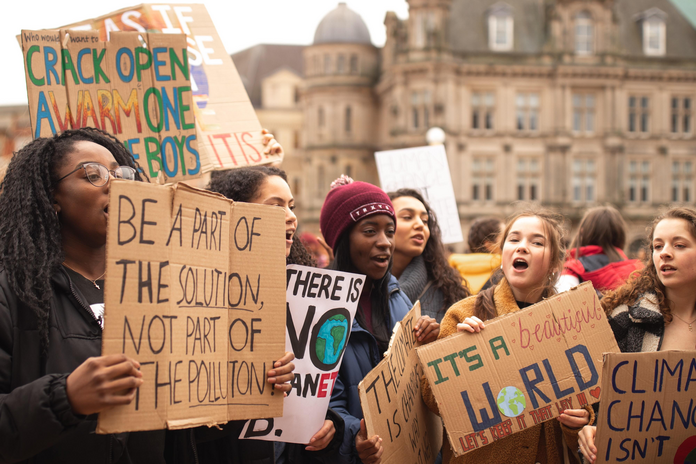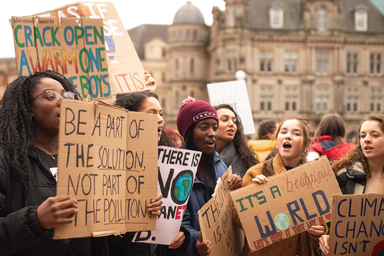COP 26, also known as the United Nations Climate Change Conference of the Parties has recently wrapped up in Glasgow, Scotland, where it has been running from October 31st to November 12th, 2021.
This is the 26th COP conference (hence the name) and it saw over 190 states come together to discuss how they, as a whole and individually, are planning to tackle the current climate change crisis. The conference was originally scheduled to occur in 2020 but due to the COVID pandemic, it got rescheduled to 2021.
Now, it is no secret that climate change is one of, if not the most serious issue our planet faces today and we as humans are the cause! Icecaps are melting, the planet is the warmest it has ever been, due to fossil fuels being overused by humans, and we are seeing the most severe weather events in our history. Something needs to change and that is exactly what was discussed by world leaders during COP26.
So, what exactly was the outcome of this conference? Well, to start, all the parties agreed to the completion of the Paris Agreement rulebook, which stipulates each state will continue to keep the Paris targets alive, to give a chance of limiting global warming to 1.5 degrees celsius.
On top of agreeing to continue with the Paris Agreement goals, 120 countries, which represents over 90% of attendees, also pledged to ‘halt and reverse deforestation‘ by 2030. In addition, 40 countries agreed to a shift away from coal, one of the largest contributors to C02 emissions. Included in those 40 countries that agreed to move away from coal were Poland, Chile and Vietnam, some of the world’s major coal users. This attitude shift by previous coal-dependent countries is a giant step in the right direction and shows hope for the future.
Green transport was another important topic that was discussed during the conference last week and resulted in over one hundred national governments, states, cities and major car companies signing the Glasgow Declaration on Zero-Emission Cars and Vans to end the sale of internal combustion engines by 2035 and by 2040 worldwide. At least 13 nations also committed to ending the sale of fossil fuel-powered heavy-duty vehicles by 2040.
Although firm plans were made during this conference, many individuals and activists are still saying these efforts and plans are not enough. Included in these voices begging governments and world leaders to do better, was young climate activist Greta Thunberg, who stated that the final COP26 agreement was “very very vague” and “unfortunately it turned out just the way I and many others had expected”.
Finally, Simon Kofe, foreign minister of Tuvalu, a small country with fewer than 12,000 residents in the South Pacific, took a literal stand for his speech at COP26. Kofe, dressed in a suit and tie, gave his speech to COP26 standing in the ocean, to signify the impact climate change is having on rising sea levels. Tuvalu is on the frontline of climate change and as Mr. Kofe stated “we cannot wait for speeches when the sea is rising around us all the time” instead “we must take bold, alternative action today to secure tomorrow”. However, Tuvalu is not the only island that has been significantly impacted by the climate crisis and rising sea levels, other countries such as Vanuatu, Kiribati, the Marshall Islands and many more are also in serious danger and need action to be taken quickly. The climate crisis will affect all of us eventually, but unfortunately for these smaller countries, the threat is more imminent and more severe.
Climate action is needed and it is needed NOW! Although COP26 saw hope for change with several serious plans being put into place, it is incumbent on the government, world leaders and major companies to follow through and make the plans a reality before it is too late.
And as former U.S president, Barack Obama said “time really is running out” so it is time we, as a human race, COP ourselves on and follow in the footsteps of COP26 to help be part of the change to tackle this climate crisis.


